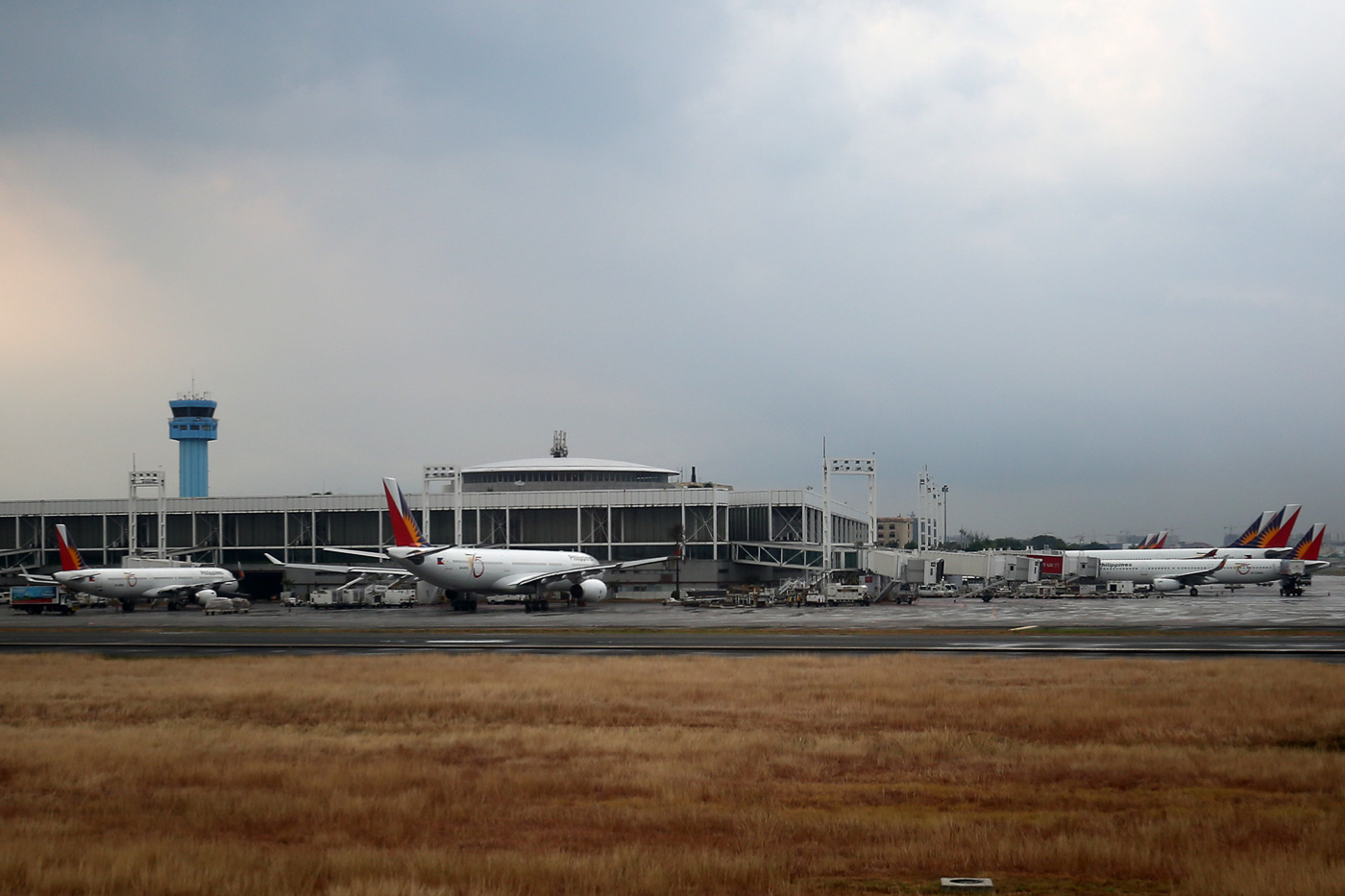
MANILA, Philippines— The new owners of listed Philippine Telegraph & Telephone Corporation (PT&T), the firm being touted as the as likely 3rd player in the country’s telco sector, has revealed its plans to get there.
In a disclosure to the Philippine Stock Exchange on Friday, October 13 in response to news reports, PT&T confirmed that “it intends to regain its status as a major telecommunications force in the Philippines and expand its present fixed broadband business across the country.”
The firm further confirmed that “it is looking for a strategic partner, possibly foreign, with regard to said expansion plans” and that “the firm is preparing itself for future talks.”
Reports put forwards firms like state-owned China Telecom, and India’s Joi owned by India’s richest man Mukesh Ambani of Reliant Industries as possible partners.
Trading on the firm’s shares however is currently suspended as it owes various creditors around P12 billion. PT&T announced a rehabilitation plan to lift the suspension and said it is currently holding talks its creditors.
PT&T noted that lifting the 13-year suspension of trading of its shares will allow the entry of strategic partners and that “barring any unforeseen delay, it intends to complete the rehabilitation plan by next year.”
Partnering with government agencies
The newly bullish telco intends to focus on fixed broadband connections to make headway into the sector dominated by Ayala-led Globe Telecom and Manuel V. Pangilinan-led PLDT, Incorporated.
“[PT&T] intends to expand our existing businesses across the country. For this purpose, the firm will set up a nationwide fixed broadband network and is looking at entering into agreements with various government agencies to help achieve this”.
Broadband’s penetration rate in the country is currently only between 14-16% while the 55-year old PT&T currently holds an estimated 500 kilometer fiber optic network throughout Metro Manila and the provinces.
One possible partner is state-run firm National Transmission Corporation (TransCo), who said that PT&T wrote to them signifying its interest to enter into a lease agreement with the firm.
Earlier this month, TransCo, which controls the cables that underpin the country’s power transmission system, said that it plans to diversify into telecommunications as a natural step and will petition congress to amend its charter.
For its part, PTT was non-committal saying that “it cannot speak on behalf of TransCo and its management plans.”
Control of PT&T was taken over by Business magnates Salvador "Buddy" Zamora II and Benjamin "Benjie" Bitanga through their private investment firm Menlo Capital Corporation which acquired 70% of PT&T.
Zamora is now PT&T’s chairman while Bitanga serves as President and CEO after its board approved the resignations of directors Jose Luis Santiago, Lucie Bantolino, and Maureen Santiago.
Lucio “Bong” Tan Jr, son of LT Group and PAL Holdings chairman Lucio Tan, is also a minority shareholder in Menlo Capital Corporation. — Rappler.com



















